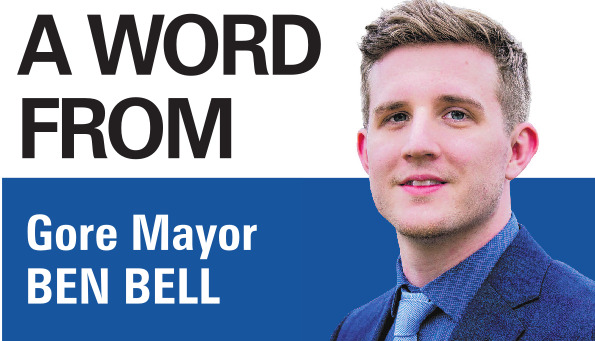
The government’s new powers to override local planning decisions in favour of growth sound dramatic, but the reality is more subtle.
These interventions target high growth areas, think major infrastructure or housing developments that get tangled in lengthy consent processes.
For Gore, our biggest planning headaches stem from our outdated district plan, many of which should be cured once the plan is finalised. We’re not exactly wrestling with multibillion-dollar developments that will catch ministerial attention in the next 18 months.
Similarly, the proposed rates-capping mechanisms are designed for councils with spiralling costs and flashy projects. The government wants to curb councils spending on the "nice-to-haves", which I think we can all agree is a great idea. But here’s the rub, if you exclude roads, water and waste, there isn’t a whole lot left to cap.
What’s concerning is the broader trend that "Wellington knows best".
You can’t tell me that bureaucrats in the capital know more about Southland than the people of Southland.
Local government exists because local people understand local problems better than distant bureaucrats and when the government starts picking and choosing which council decisions to override, it begins to erode the foundation of local democracy.
For our ratepayers, the immediate impact will be minimal. We’re already doing what Wellington wants, focusing on essential services, working towards getting our costs under control.
But we should watch carefully as these new powers unfold as today’s exemption could become tomorrow’s intervention if priorities shift.
Whether Wellington meddles or not, we still need to fix pipes, seal roads, and collect rubbish, that’s the work that matters to families opening their rates bills and it’s work we’ll continue regardless of whatever emerges from the capital. Local government works best when it serves local needs, not headlines.








